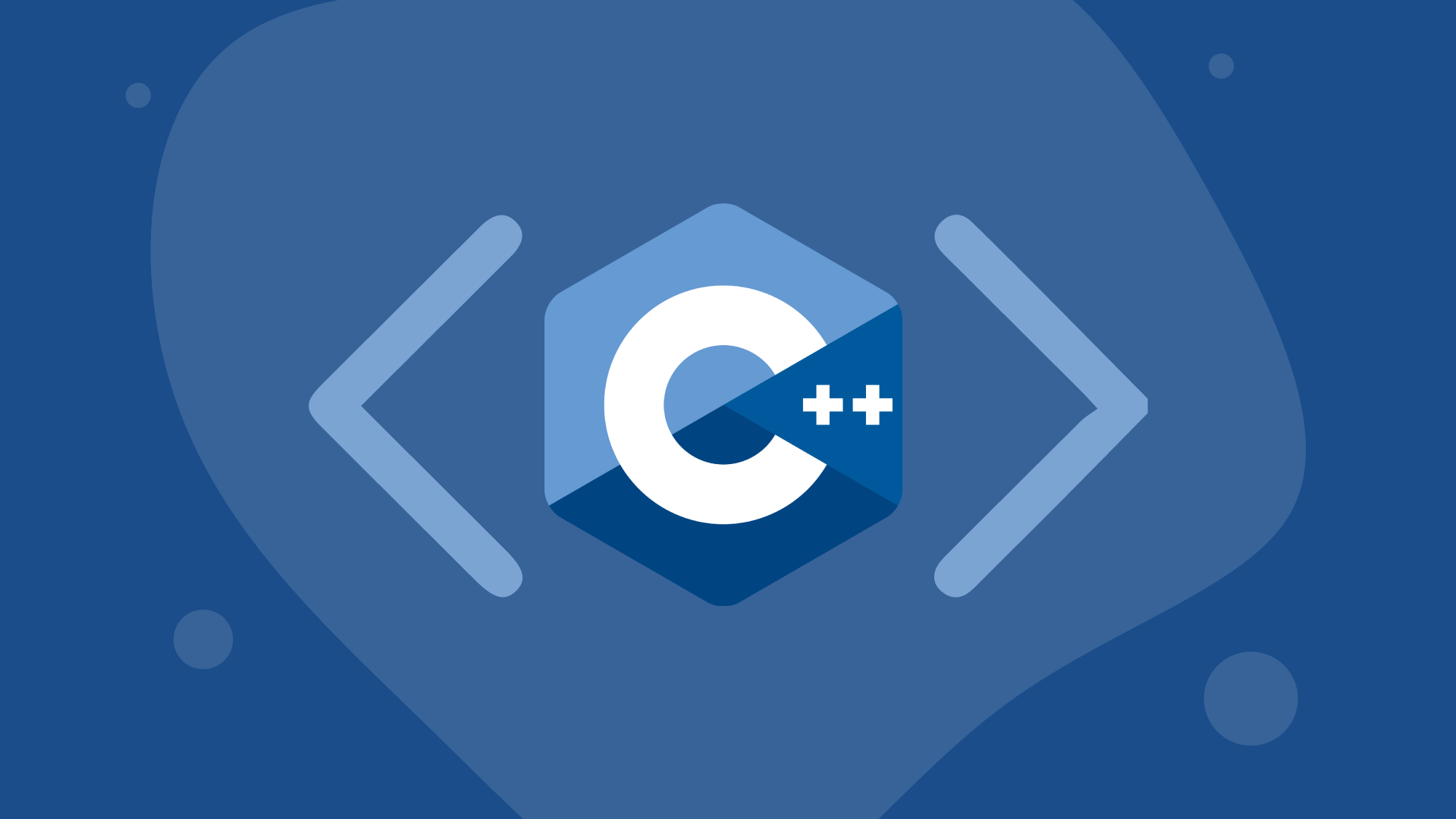
// Thin Template
// 함수의 갯수를 생각해 봅시다.
template<typename T> class Vector
{
T* buff;
int sz;
public:
int size() const {}
bool empty() const {}
void push_front(const T& a) {}
T& front() {}
};
int main()
{
Vector<int> v1;
Vector<short> v2;
Vector<double> v3;
// Vector에는 4개의 함수가 있고 각 타입에 따라 생성되니
// 4 * 3 = 12개의 함수가 생성된다.
// 줄여보자.
}
// T를 사용하지 않는 모든 멤버는 기반클래스로 만들자
class VectorBase
{
protected:
int sz;
public:
int size() const {}
bool empty() const {}
};
template<typename T> class Vector : public VectorBase
{
T* buff;
public:
void push_front(const T& a) {}
T& front() {}
};
// 8개의 함수로 줄어 든다.
// 아에 모든 멤버를 기반클래스로 올린다면?
class VectorBase
{
protected:
T* buff;
int sz;
public:
int size() const {}
bool empty() const {}
void push_front(const void* a) {}
void* front() {}
};
// void*를 바로 쓰면 캐스팅을 불편함이 있다.
// 캐스팅을 책임지는 파생 클래스를 만든다.
template<typename T> class Vector : public VectorBase
{
public:
inline void push_front(const T& a) {
VectorBase::push_front(static_cast<void*>(a));
}
inline T& front() {
return static_cast<T&>(VectorVase::front());
}
};